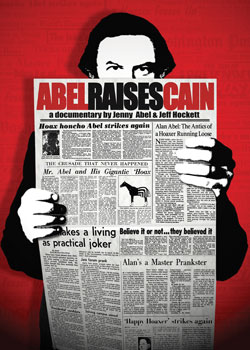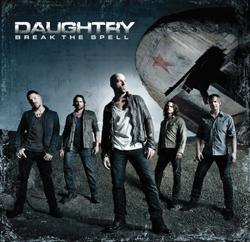Before Monmouth University closed because of COVID-19, The World Cinema Series (WCS) planned to screen two films for the remainder of the semester, one of which was “Persepilis” in April. Even though the screening was unfortunately cancelled, you can still screen the film for only $3.99 through YouTube here. And to make the streaming feel a little more like watching a film at Pollak Theatre WCS Host Professor of History Thomas Pearson, Ph.D., shared his commentary for “Persepolis.”
“Persepolis” tied closely to this year’s theme: “Women: Power and Identity.” Pearson thought the film was the perfect fit because it, “Focuses on the rebellion of a young girl against patriarchal traditions and oppressive societies and governments.” he said.
Pearson also thought our current circumstances relate closely to the film’s material too. “In the case of “Persepolis” it is because the Iranian Revolution of 1979, with the coming to power of Islamic fundamentalists, cut off the teenage Marjane from secular society and modern culture as Iran underwent a fundamental transformation in its politics and social and cultural norms,” he stated.
So let’s imagine here for a moment. You’re sitting in a packed Pollak Theatre with students, professors, and community members ready to watch a great international film. The lights go down a little, the screen is dropped to the bottom of the stage, and Pearson walks to the front with a microphone in his hands. “Good evening,” he says. “Welcome to the World Cinema Series, thanks for joining us.”
Now he gives us the rundown with, “”Persepolis” (2006), as you likely know, is a French-Iranian animated film co-directed by Marjane Satrapi and Vincent Paronnaud that is based on the personal experience of Satrapi growing up in Tehran during the 1979 Islamic Revolution. It is a classic animated film taken from her graphic design novel and features her close collaboration with Paronnaud, who under the name of Winshluss is a famous French comics writer-artist. “Persepolis” was a 2007 Academy Award nominee for best animated future and winner of that award from the New York Critics Circle and the Los Angeles Film Critics Association.”
Pearson continues with, “What I think is most important about this film, besides the innovative graphic design animation techniques used in the film, is Marjane’s message about the importance of personal freedom and the need to speak out against dictatorial governments that, for reasons of religious fundamentalism and the like, seek to restrict the freedom of thought and speech that is so vital to young people.” He also noted that the director decided to use animation to make the film feel universally relatable to audience members.
Then, Pearson ties “Pesepolis” to “Mustangs,” another film that was supposed to be screened this semester. “Like “Mustang,” Satrapi and Parannoud’s film was highly praised by the world cinema community even as the Iranian government denounced it. I’m particularly disappointed that we were not able to show “Persepolis” in Pollak as scheduled (April 7) because the film is a great companion to our world history courses that deal with the rise of Islamic fundamentalism at the end of the 20th century.”
Pearson asks if there’s any questions, but considering people are too busy getting boxes of Raisinettes out of their bags, they’re just ready for the show. Enjoy the film! For a preview of the next film, “Mustangs,” check out The Outlook’s Entertainment Section.




